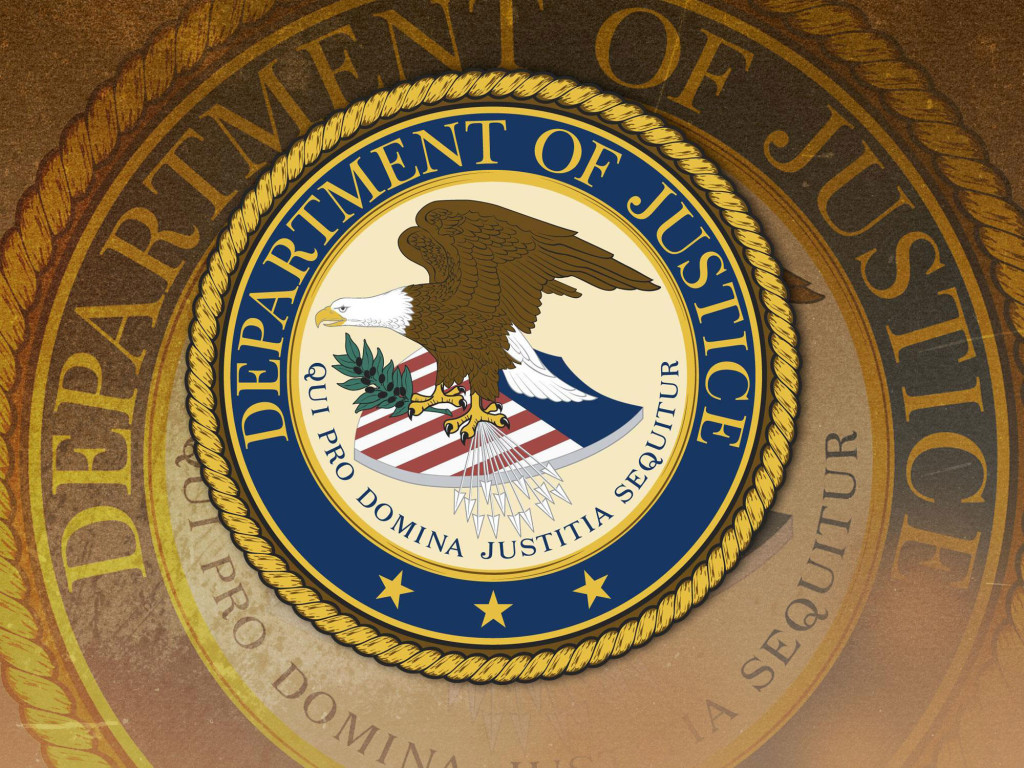
Senators side with inspectors general against new restrictions
The Senate Judiciary Committee mediates a crisis caused by a Justice Department legal opinion that says inspectors general should not automatically get access to...

The Senate Judiciary Committee promised Wednesday to help inspectors general gain access to all information they request to conduct agency oversight.
The Inspector General Act of 1978 already says that agencies should give inspectors general all records they request. That authority, however, has been called into question by a recent legal opinion issued by the Justice Department.
The opinion responds to concerns raised by FBI lawyers in 2010. It attempts to clarify how the Justice Department should balance the 1978 law against others that prohibit Justice officials from sharing wiretap, grand jury and credit information. Revealing that information is a crime under all but a stringent set of circumstances, said Associate Deputy Attorney General Carlos Uriarte.
Grand jury proceedings, he noted, are kept confidential to protect both witnesses and the accused.
“Those processes and procedures in the federal rules of criminal procedures are there to protect the secrecy of the proceedings, the due process rights of the individuals involved and we think Congress thought very hard about that before moving forward with that legislation,” he said.
But he said he was not aware of any instance in which the inspector general’s office had mishandled sensitive information. FBI Associate Deputy Director Kevin Perkins said he could not recall any instance either. The inspector general is subject to the same restrictions as other Justice officials.
“Then I have to ask, ‘What’s the issue?” said Sen. Charles Grassley (R-Iowa), the committee chairman. “If the inspector general has to protect sensitive information as well and has never violated any of the statutory restrictions, then what would be wrong with just providing the IG full access to everything under the same conditions prior to 2010?”
Because of the opinion, the inspector general’s office must now seek the department’s permission to obtain certain information. Deputy Attorney General Sally Yates has instructed Justice Department component leaders to promptly assess and fulfill the requests. Yet Inspector General Michael Horowitz said the opinion undermines his office’s independence from those whom he is supposed to investigate.
“A hallmark of the IG Act—that inspectors general are entitled to all information in an agency’s possession—has been pierced,” he said. “Placing agency staff in the position of deciding whether to grant an inspector general access to information turns the principle of independent oversight that is enshrined in the Inspector General Act on its head.”
If the opinion is allowed to stand, he said, it could make it harder for his office to gain access to other information not specified in the opinion. FBI lawyers already have raised legal concerns with ten more categories of information. The FBI redacted documents before giving them to his office Tuesday, Horowitz said. Those documents did not pertain to wiretaps, grand juries or credit information, he said.
The controversy within the Justice Department has caused inspectors general across the government to fear that their agencies will reject requests for sensitive information. The Commerce Department looks to Justice for legal guidance, said Commerce Department Acting Inspector General David Smith. Earlier this year, knowing that Justice was working on the legal opinion, the Commerce Department withheld certain documents that Smith’s office had requested. Those documents contained business information that the department deemed proprietary in nature. After waiting two months, Smith said his office had no choice but to terminate its audit.
The Council of Inspectors General on Integrity and Efficiency, which represents 72 federal inspectors general, has asked Congress to pass a law that clarifies their rights. Sen. John Cornyn (R-Texas) said he sympathized with the inspectors general. The legal opinion undermines the oversight authorities of Congress too, he said. But he saw no need for a new law.
“I don’t know why we should have to pass another law saying, ‘We really meant it in 1978 when we said ‘all.’ We really, really mean it this time,'” he said. “That’s ridiculous.”
He suggested that Attorney General Loretta Lynch could resolve the problem immediately.
“There have been Office of Legal Counsel opinions that have been withdrawn in the past that were obviously erroneous and this one should be. I hope she’ll take a look at it,” he said.
The witnesses representing the Justice Department did not defend the reasoning behind the legal opinion. No one from the Office of Legal Counsel testified.
Uriarte said the department sought a permanent solution that would let its employees hand documents to the inspector general without running afoul of conflicting laws. He said Justice officials already are working with Horowitz’ office to draft a legislative proposal. They expect to have it ready for Congress by the end of the month, he said.
Copyright © 2025 Federal News Network. All rights reserved. This website is not intended for users located within the European Economic Area.


